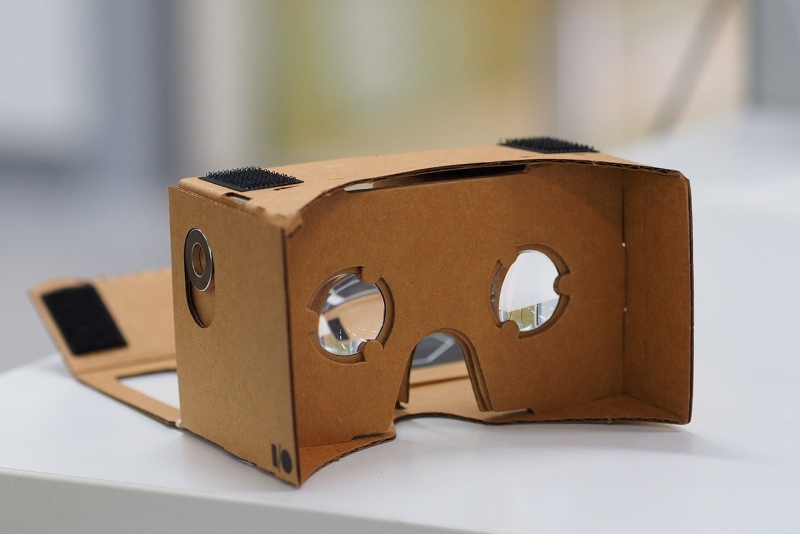While consumers debate over how big a role virtual reality devices will have in the near future, companies continue to pour more resources into the technology. The latest silicon valley firm to increase its focus on VR is Google, which is forming its own dedicated virtual reality computing division, according to Re/Code.
The division will be headed by Google's VP for product management, Clay Bavor. The 10-year veteran has been responsible for running Google apps such as Gmail, Drive and Docs - in addition to overseeing Google cardboard - but he will now be dropping apps to concentrate solely on VR products.
Bavor's web application responsibilities will be taken over by incoming senior vice president Diane Greene. Google has confirmed that the leadership changes took place, but declined to comment on the formation of the virtual reality division.
Google cardboard has gained positive reviews since its launch in 2014. The smartphone-powered device may not be able to produce a virtual reality experience in the same league as the Oculus Rift or HTC Vive, but it's incredibly cheap and fun to use. Cardboard's distribution has increased thanks to a partnership with schools and a deal with the New York Times that saw more than a million of the devices delivered for free to subscribers.
Using Google cardboard to deliver NY Times content was so successful that the company plans to continue utilizing virtual reality. "VR is already margin-positive for us. We're making money out of VR. We expect to make money from VR again in 2016," Said Times CEO Mark Thompson during an interview last week at CES with Beet.tv. "We had great early success with commercial partnerships - GE and Mini were the launch partners."
The new VR division will likely end up having some involvement with Magic Leap, the augmented reality company that Google recently invested $542 million in. The virtual reality section will also place a focus on YouTube, which has been experimenting with 360-degree video.
The move is seen as an acknowledgement by Google that it needs to join other companies in doubling down on virtual reality. While people may still not be 100 percent certain that VR is the way forward, it seems that the tech giants are convinced it's the future of digital content.
